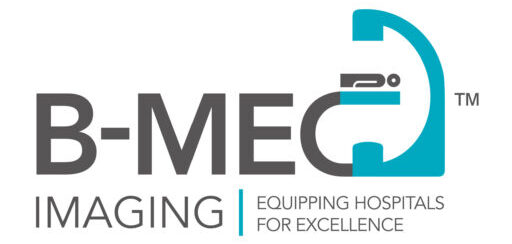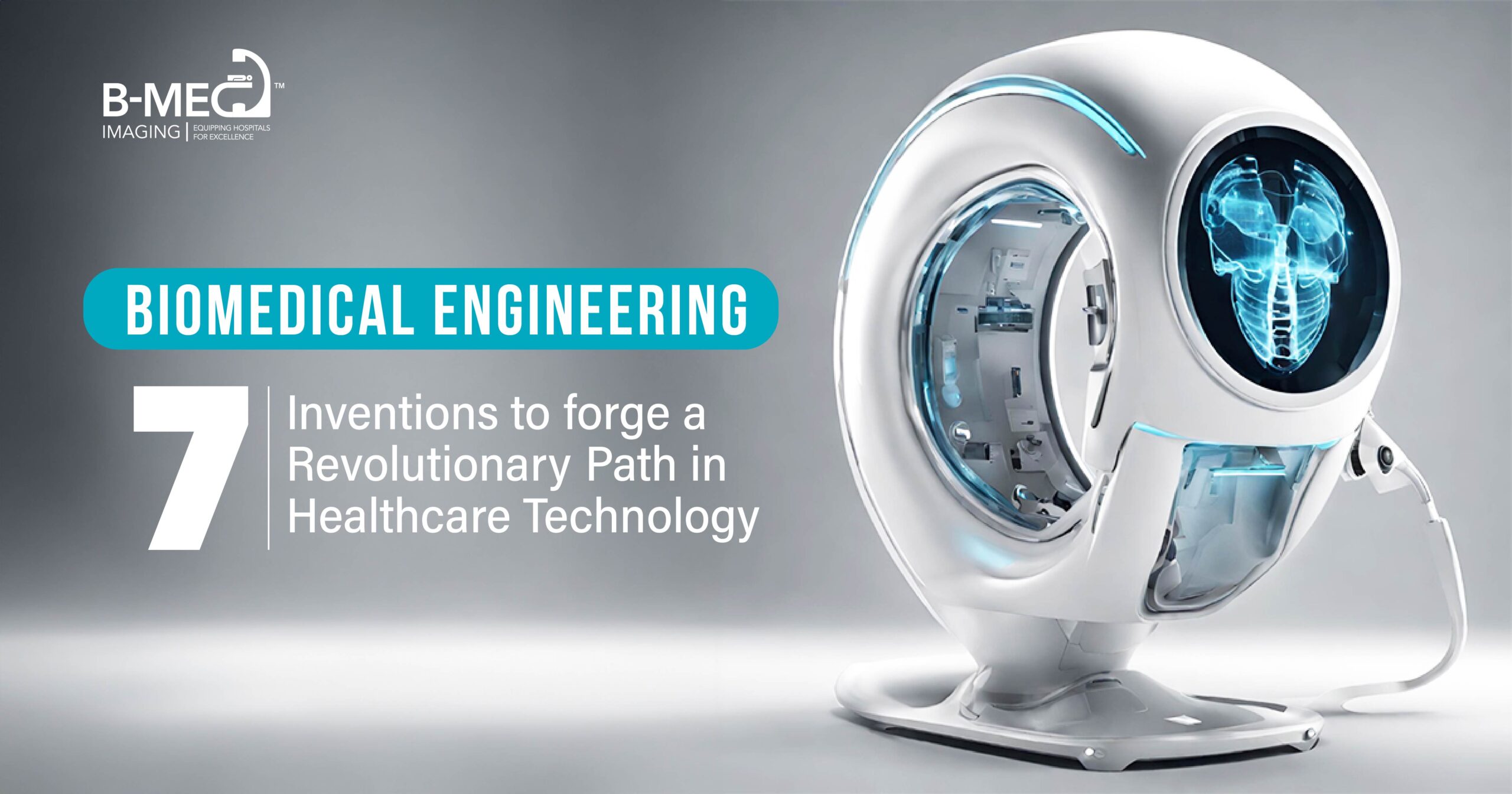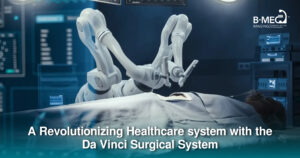The field of biomedical engineering is witnessing an era of unparalleled progress and innovation, driving significant advancements in healthcare technology. This multidisciplinary domain, merging principles of engineering, biology, and medicine, is at the forefront of transforming healthcare delivery, diagnostics, and treatment. With a focus on improving patient outcomes, enhancing quality of life, and enabling personalized medicine, biomedical engineering is shaping the future of healthcare. In this comprehensive exploration, we delve into the latest advancements and trends in biomedical engineering, showcasing the transformative potential of cutting-edge technologies and their impact on healthcare.
Regenerative Medicine: Pioneering Solutions for Tissue Repair and Organ Replacement in Biomedical Engineering
The field of regenerative medicine represents a groundbreaking frontier in biomedical engineering, offering innovative solutions for tissue repair and organ replacement. Through the utilization of advanced biomaterials, tissue engineering techniques, and 3D bioprinting, biomedical engineers are revolutionizing the field by creating functional tissues and organs for transplantation. The progress made in regenerative medicine holds immense promise for addressing organ failure, tissue damage, and degenerative diseases, potentially eliminating the need for donor organs and reducing the risks associated with organ rejection. This section explores the latest advancements in regenerative medicine and their potential impact on improving patient outcomes and transforming the field of healthcare.
Personalized Healthcare Empowered by Wearable Medical Devices in Biomedical Engineering

The creation of the insulin pump has revolutionized diabetes management, profoundly impacting the lives of individuals with diabetes. This groundbreaking device, born out of years of research and technological advancements, has transformed the traditional approach to insulin administration. By providing continuous and precise insulin delivery, the insulin pump empowers patients to maintain optimal blood sugar levels, leading to better glycemic control. . Its creation represents a remarkable achievement in healthcare innovation, bringing hope, empowerment, and improved health outcomes to millions of individuals living with diabetes worldwide.
Wearable medical devices have emerged as powerful tools in the realm of personalized healthcare, propelled by advancements in sensor technology, wireless connectivity, and data analytics. These devices, designed and developed by biomedical engineers, offer the ability to monitor vital signs, track activity levels, and collect real-time health data. With continuous monitoring capabilities, wearable devices enable early detection of abnormalities and facilitate timely interventions. Additionally, these devices empower individuals to actively participate in their own healthcare, promoting preventive measures and personalized wellness strategies. This section highlights the latest advancements in wearable medical devices and their potential to transform healthcare by providing personalized, real-time health monitoring and management.
Enhancing Functional Independence: The Potential of Brain-Computer Interfaces in Biomedical Engineering
Brain-computer interfaces (BCIs) hold immense potential in biomedical engineering, bridging the gap between the human brain and external devices. Through direct communication links established between the brain and devices, BCIs enable individuals with severe motor disabilities to regain control over their environment. Biomedical engineers are at the forefront of developing advanced BCI systems that can interpret brain signals with high accuracy, offering new possibilities for functional independence. These advancements have significant implications for individuals with paralysis or neurodegenerative disorders, allowing them to control prosthetic limbs, assistive technologies, or even communicate using their thoughts. This section explores the latest breakthroughs in brain-computer interfaces and their potential to revolutionize the lives of individuals with motor disabilities.
Nanomedicine: Precision Medicine at the Nanoscale in Biomedical Engineering
Nanomedicine, an interdisciplinary field at the intersection of nanotechnology and medicine, has transformed the landscape of healthcare. Biomedical engineers leverage the unique properties of nanoparticles and nanomaterials to develop targeted drug delivery systems, advanced diagnostics, and imaging techniques. The precise and controlled delivery of therapeutics at the nanoscale enables enhanced treatment efficacy while minimizing side effects. Nanomedicine also plays a crucial role in early disease detection, enabling personalized medicine by tailoring treatments to an individual’s unique molecular profile. This section delves into the advancements in nanomedicine, showcasing its potential to revolutionize drug delivery, diagnostics, and personalized healthcare.
Artificial Organs and Implants in Biomedical Engineering

The emergence of 3D printed organs has revolutionized organ transplantation by addressing the global organ shortage crisis. Through advanced bio-printing techniques, scientists can create customized organs with living cells and biomaterials, offering hope to patients on waiting lists. This groundbreaking technology has the potential to transform healthcare by providing personalized organ solutions and improving patient outcomes.
Biomedical engineers have made significant strides in developing artificial organs and implants to restore or enhance the functionality of damaged or diseased organs. By harnessing advancements in biomaterials, tissue engineering, and biofabrication techniques, these technologies offer new possibilities for patients facing organ failure or sensory impairments. Artificial hearts, cochlear implants, bionic eyes, and neural implants are among the remarkable advancements in this field. The development of these restorative healthcare technologies holds the promise of improving patient outcomes and significantly enhancing the quality of life for individuals with debilitating health conditions. This section explores the cutting-edge developments in artificial organs and implants and their potential to transform healthcare and restore normal organ function.
Unveiling the Intricacies of the Human Body: Breakthroughs in Biomedical Imaging Technology
Biomedical imaging has undergone remarkable advancements, providing clinicians and researchers with increasingly detailed and comprehensive views of the human body. High-resolution imaging techniques such as multiphoton microscopy, optical coherence tomography (OCT), and advanced MRI sequences enable the visualization of cellular and molecular structures with unprecedented clarity. The integration of imaging with genomics and proteomics data allows for a holistic understanding of disease mechanisms, promoting personalized medicine approaches and targeted therapies. This section highlights the latest advancements in biomedical imaging technology and their potential to revolutionize diagnostics, treatment planning, and research.
Data Analytics and Artificial Intelligence: Transforming Biomedical Insights in the Field of Engineering
Data analytics and artificial intelligence (AI) have emerged as transformative technologies in biomedical engineering, revolutionizing data interpretation and decision-making processes. Machine learning algorithms can analyze complex biomedical datasets, identify patterns, and assist in diagnosis, treatment planning, and predicting patient outcomes. AI-powered decision support systems aid in clinical decision-making, optimizing treatment strategies, and advancing precision medicine. These advancements pave the way for a new era of healthcare, where data-driven insights and intelligent algorithms shape medical interventions and foster improved patient care. This section explores the latest developments in data analytics and artificial intelligence in the field of biomedical engineering and their potential to transform biomedical insights and revolutionize healthcare delivery.
Conclusion:
The future of biomedical engineering is characterized by groundbreaking advancements and innovative approaches that have the potential to revolutionize healthcare. Through regenerative medicine, wearable medical devices, brain-computer interfaces, nanomedicine, artificial organs and implants, biomedical imaging technology, and data analytics and artificial intelligence, biomedical engineers are transforming healthcare delivery, enhancing patient outcomes, and steering us towards a future of personalized and patient-centered medicine. As technology continues to evolve and interdisciplinary collaborations flourish, the field of biomedical engineering stands poised to bring about a paradigm shift in healthcare, ushering in an era of precision, efficiency, and improved quality of life for patients worldwide.
References:
- Langer, R., & Vacanti, J. P. (1993). Tissue engineering. Science, 260(5110), 920-926.
- Gao, W., Emaminejad, S., Nyein, H. Y. Y., Challa, S., Chen, K., Peck, A., … & Fahad, H. M. (2016). Fully integrated wearable sensor arrays for multiplexed in situ perspiration analysis. Nature, 529(7587), 509-514.
- Lebedev, M. A., & Nicolelis, M. A. (2017). Brain-machine interfaces: from basic science to neuroprostheses and neurorehabilitation. Physiological reviews, 97(2), 767-837.
- Blanco, E., Shen, H., & Ferrari, M. (2015). Principles of nanoparticle design for overcoming biological barriers to drug delivery. Nature biotechnology, 33(9), 941-951.
- Ortega, F., & Serrano-Gotarredona, T. (2015). Nanoscale CMOS for biomedical applications: the nanoelectronics roadmap. IEEE Transactions on biomedical circuits and systems, 9(2), 123-134.
- Serrano-Gotarredona, T., & Linares-Barranco, B. (2013). Spike-timing-dependent plasticity circuits. Frontiers in neuroscience, 7, 32.
- Jiang, T., Shang, Q., Chen, Z., & Yuan, F. (2020). Advanced MRI technologies in the diagnosis of ischemic stroke. Frontiers in neurology, 11, 680.
- Haghi, M., Thurow, K., & Stoll, R. (2017). Wearable devices in medical internet of things: scientific research and commercially available devices. Healthcare informatics research, 23(1), 4-15.
- Rajkomar, A., Dean, J., & Kohane, I. (2019). Machine learning in medicine. New England Journal of Medicine, 380(14), 1347-1358.
- Topol, E. J. (2019). High-performance medicine: the convergence of human and artificial intelligence. Nature Medicine, 25(1), 44-56.



